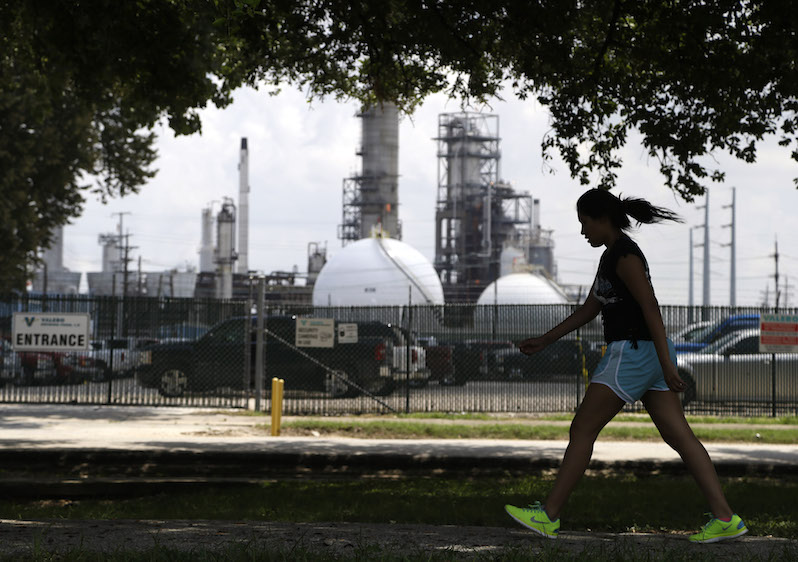Capitalism’s Cult of Human Sacrifice
Manchester, a poor Mexican-American neighborhood in Houston, is just one example of how industrial capitalism is killing us on an altar of profit. A girl walks on a track in a park across from the Valero refinery in the Manchester neighborhood of Houston. (Pat Sullivan / AP)
1
2
A girl walks on a track in a park across from the Valero refinery in the Manchester neighborhood of Houston. (Pat Sullivan / AP)
1
2
Independent journalism is under threat and overshadowed by heavily funded mainstream media.
You can help level the playing field. Become a member.
Your tax-deductible contribution keeps us digging beneath the headlines to give you thought-provoking, investigative reporting and analysis that unearths what's really happening- without compromise.
Give today to support our courageous, independent journalists.









You need to be a supporter to comment.
There are currently no responses to this article.
Be the first to respond.